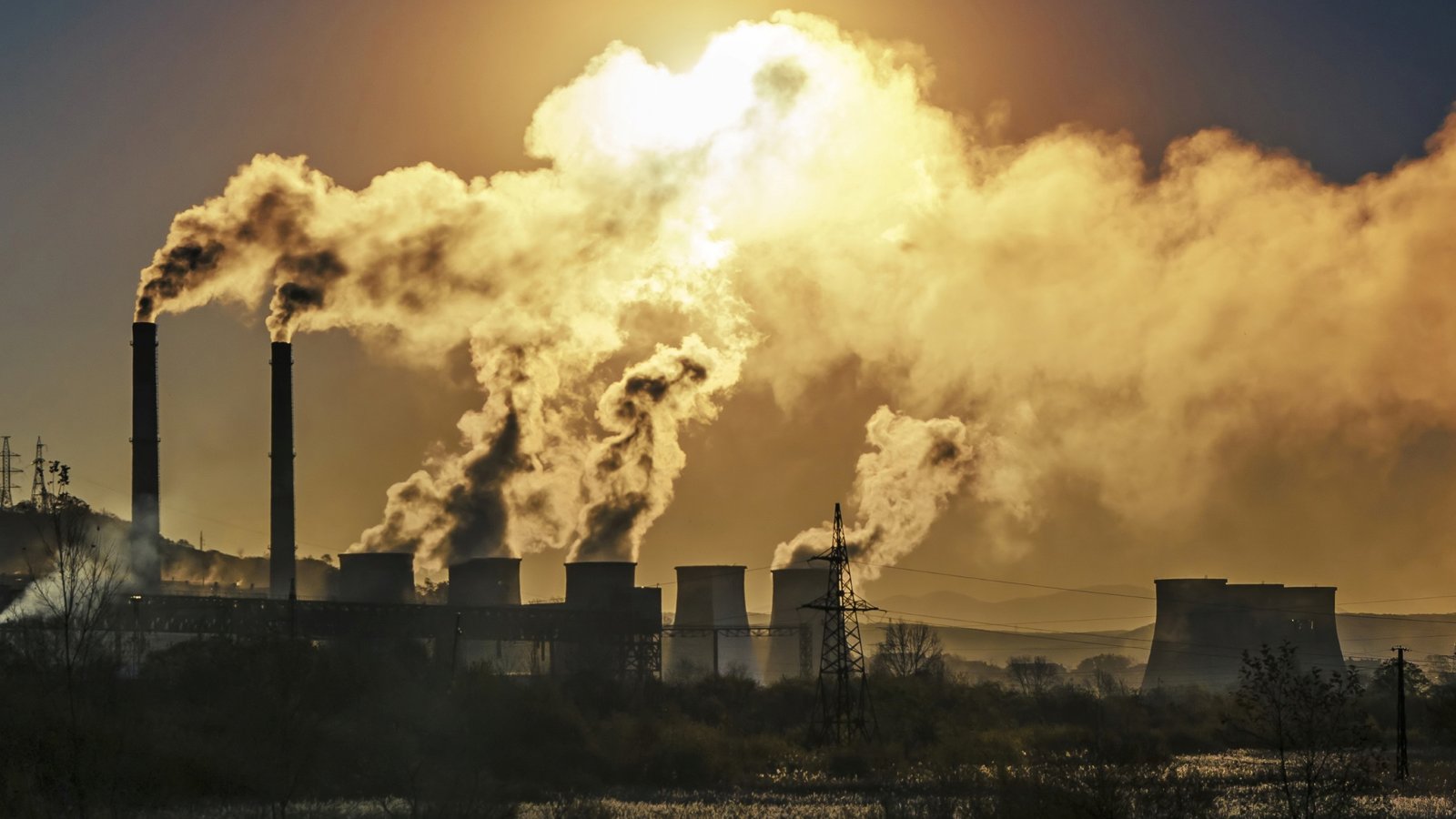The U.S. played a significant role in global gas exports in the first half of this year, particularly in liquefied natural gas (LNG) that is super-chilled for tanker transport.

The United States and over a dozen other nations and organizations have formed the Methane Monitoring, Reporting, and Verification (MMRV) Working Group in an attempt to work together to address the environmental effects of greenhouse gas emissions throughout the natural gas supply chain.
Along the whole natural gas supply chain—which includes extraction, processing, transportation, liquefaction, and distribution—the project seeks to improve the measurement, monitoring, reporting, and verification of emissions, especially those of methane and carbon dioxide.
Participating entities in the MMRV Working Group include Australia, Brazil, Canada, Colombia, the East Mediterranean Gas Forum, European Commission, France, Germany, Italy, Japan, Mozambique, Norway, South Korea, the United Kingdom, and the United States.
Brad Crabtree, Assistant Secretary of Fossil Energy and Carbon Management at the U.S. Department of Energy, emphasized the urgency of establishing a global framework supported by both importing and exporting countries, as well as industry stakeholders. The goal is to provide comparable and reliable information on emissions reduction efforts by gas producers and exporters.
Crabtree stated, “It’s really critical that we develop on a global basis a framework that is agreed to and supported by both importing countries and exporting countries, one on the governmental side but also has the investment and support of industry and other stakeholders.”
The U.S. played a significant role in global gas exports in the first half of this year, particularly in liquefied natural gas (LNG) that is super-chilled for tanker transport. Some gas companies are actively working to reduce their climate impact, promoting certified gas with lower emissions achieved through actions like leak prevention or carbon offset purchases. However, the marketing of certified gas often comes under criticism for potentially “greenwashing” the fossil fuel industry.
The MMRV agreement aligns with recent developments in the European Union, where a deal was reached to impose methane emissions limits on oil and gas imports starting in 2030. This move places pressure on international fossil fuel suppliers, including the United States, to minimize emission of methane, a potent greenhouse gas.
Crabtree acknowledged the importance of importing countries establishing methane regulations, viewing them as valuable market signals. The initiative recognizes the varying capabilities of developing countries within the group to measure and verify their emissions from gas. Discussions are anticipated in the coming year to address these variations and support the progress of all member nations in achieving emissions reduction goals.
As the global community takes collective action to address climate change, the formation of the MMRV Working Group signals a commitment to transparency, cooperation, and the development of effective strategies to mitigate the environmental impact of natural gas production and distribution.